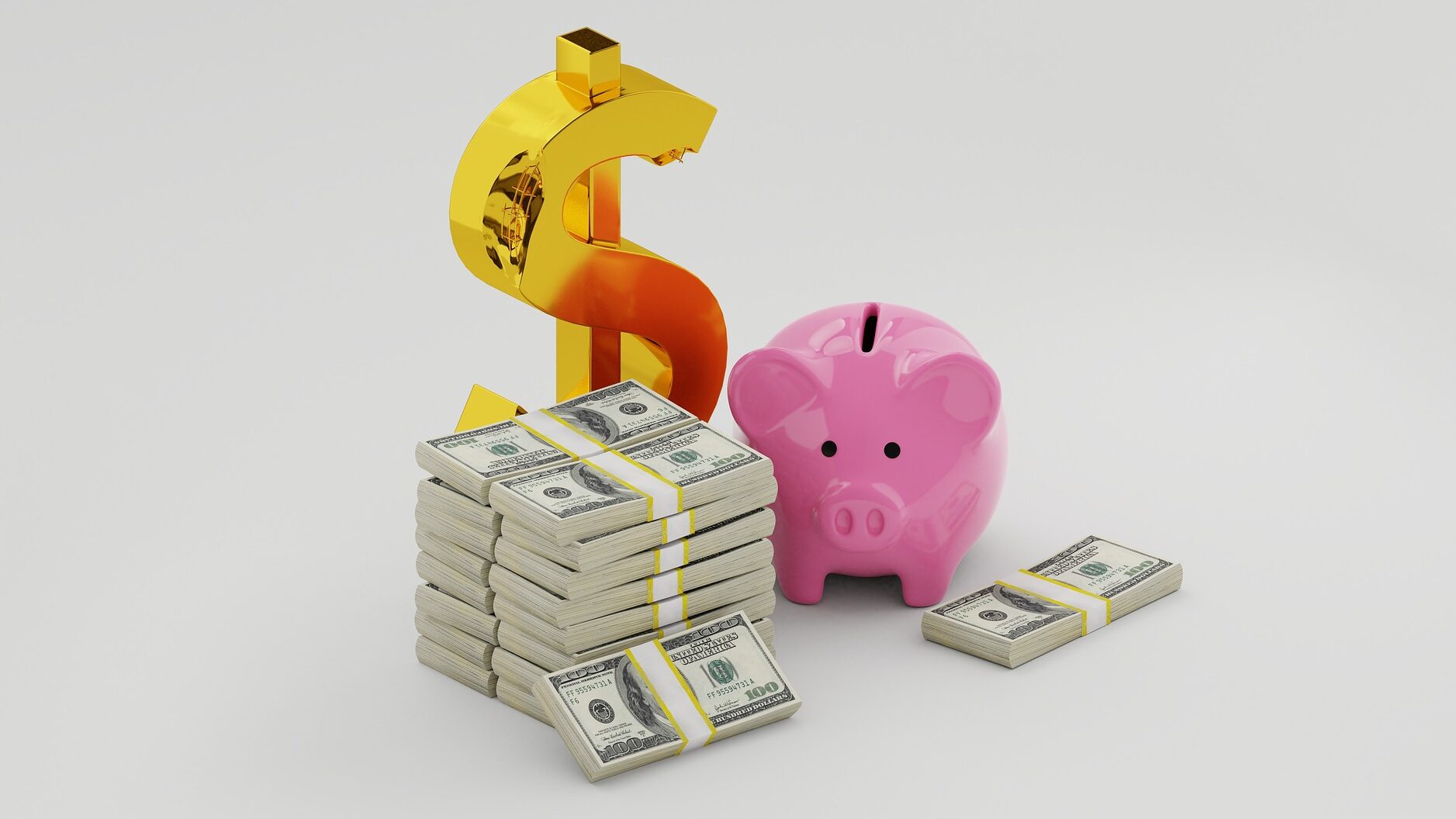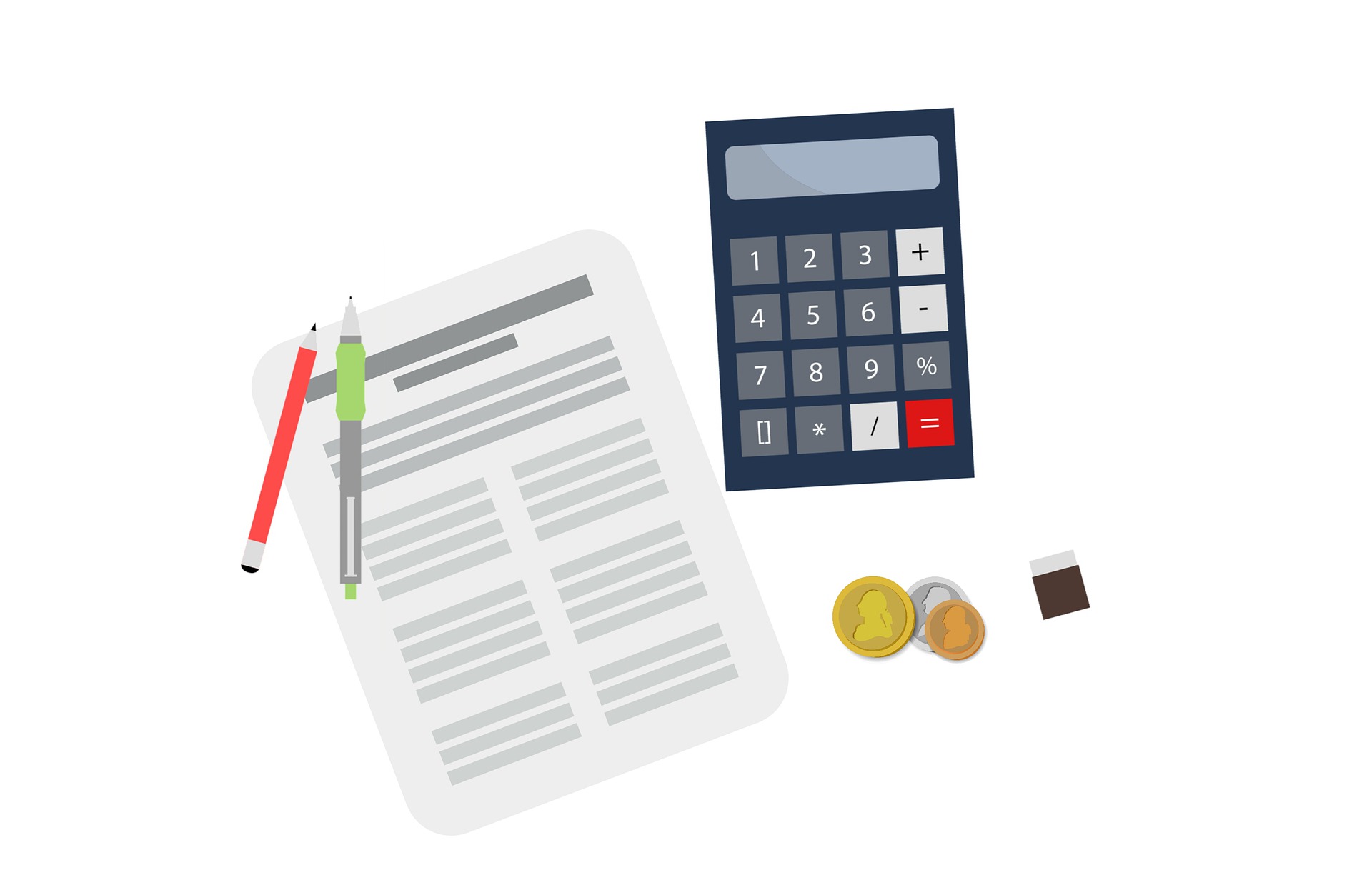One of the most important financial skills that everyone should have is the ability to create a budget. It assists you in managing your finances, avoiding debt, and reaching your financial objectives. A well-structured budget is essential whether you’re saving for a major purchase, cutting costs, or making future plans. We will go over the definition of budgeting, its significance, and how to make a budget that works for you in this tutorial.

What is Budgeting?
The process of organizing and controlling your earnings and outlays is known as budgeting. It enables you to manage your money effectively, guaranteeing that you meet your necessities, save for the future, and stay out of debt. Families and individuals can attain financial security and stability with the aid of an effective budget.
Benefits of Budgeting
- Financial Control: (Helps you track income and expenses, reducing unnecessary spending.)
- Debt Reduction: (Allows you to pay off debt faster by prioritizing essential expenses.)
- Savings Growth: (Encourages saving for emergencies, retirement, and future goals.)
- Reduced Stress: (Eliminates financial uncertainty and provides peace of mind.)
- Better Financial Decisions: (Enables smarter choices about spending, investing, and borrowing.)
Steps to Create a Budget
Calculate Your Income
Calculate your entire monthly income, taking into account your salary, bonuses, freelancing income, rental income, and any additional cash streams.
Track Your Expenses
Enumerate all of your costs, such as
- Fixed expenses (rent/mortgage, utilities, insurance, loan payments)
- Variable expenses (groceries, transportation, entertainment, shopping)
- Savings and investments
- Miscellaneous costs
Set Financial Goals
Define short-term and long-term financial goals, such as:
- Paying off debt
- Building an emergency fund
- Saving for a home, car, or vacation
- Retirement planning
Choose a Budgeting Method
Several budgeting methods can help you manage your finances effectively:
- 50/30/20 Rule: (Allocate 50% for needs, 30% for wants, and 20% for savings.)
- Zero-Based Budgeting: (Assign every dollar a specific purpose.)
- Envelope System: (Use cash envelopes for different spending categories.)
- Pay-Yourself-First Method: (Prioritize savings before spending on other expenses.)
Adjust and Monitor Your Budget
- Regularly track your spending and adjust your budget as needed.
- Use budgeting apps like Mint, YNAB (You Need a Budget), or Excel spreadsheets to simplify tracking.
- Review and refine your budget monthly to improve financial efficiency.
Tips for Success
- Avoid Impulse Purchases: (Stick to your planned expenses to avoid overspending.)
- Automate Savings: (Set up automatic transfers to savings and investment accounts.)
- Cut Unnecessary Expenses: (Identify areas where you can reduce spending, such as dining out or subscriptions.)
- Plan for Emergencies: (Build an emergency fund covering 3-6 months of expenses.)
- Stay Consistent: (Stick to your budget plan and review it regularly for improvements.)
